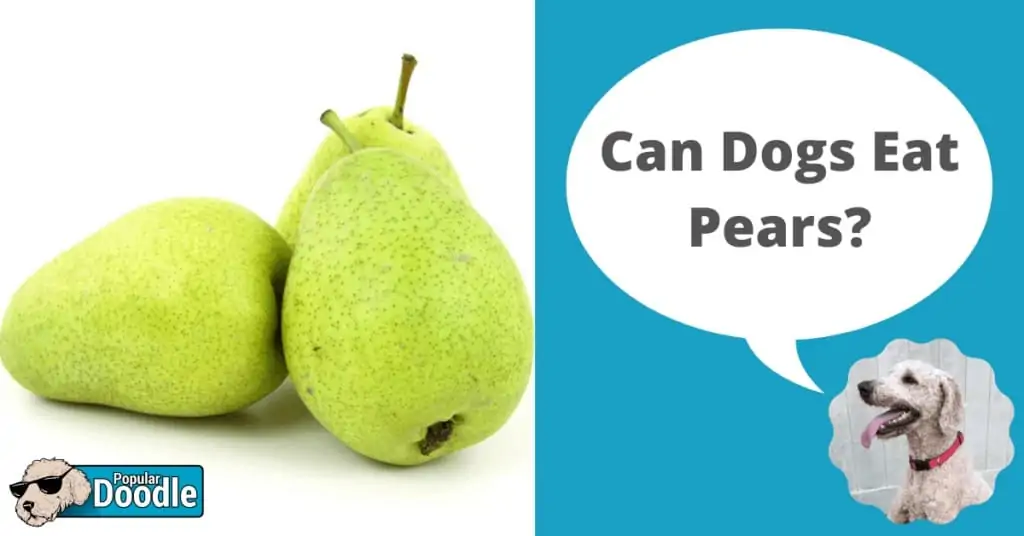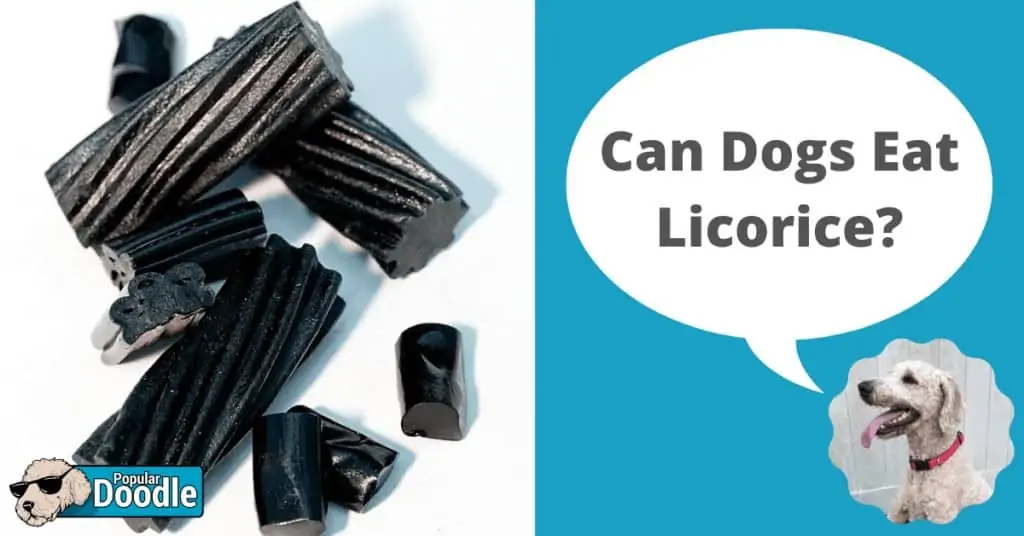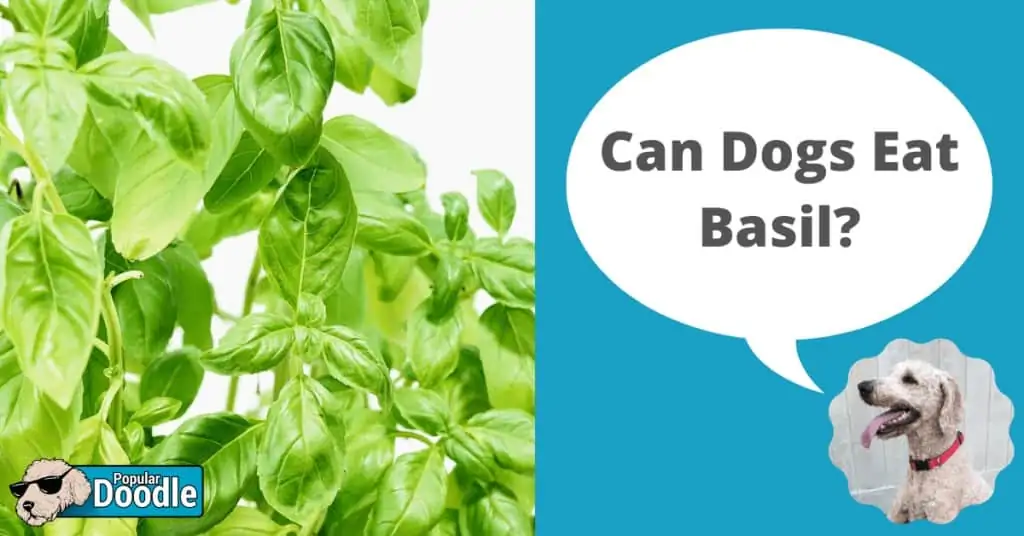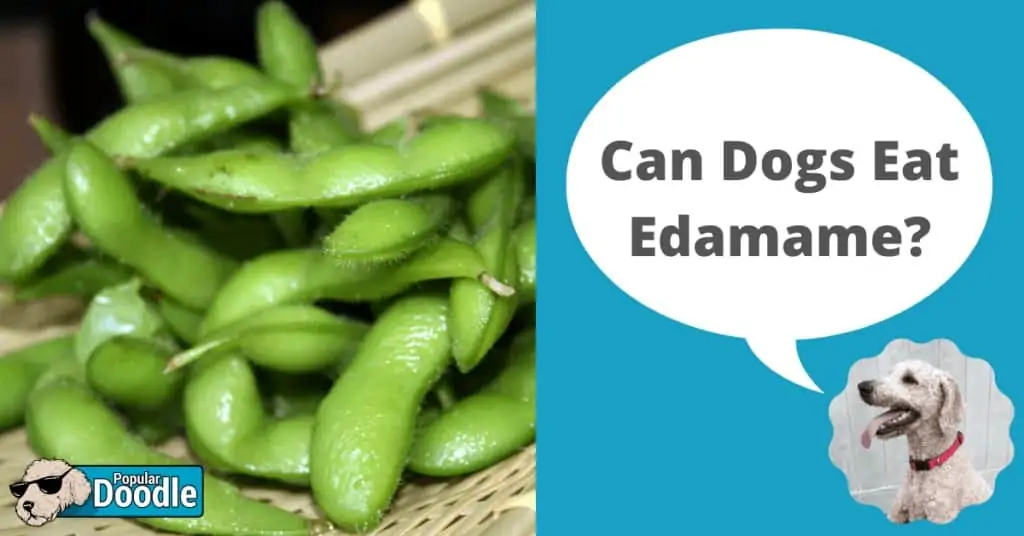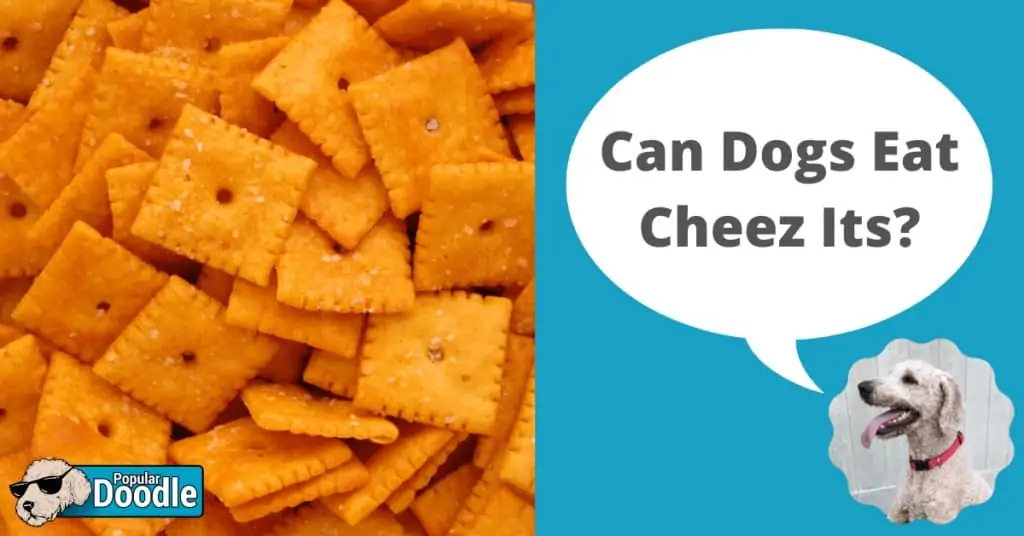
Cheez Its are a popular snack! From an addition to a school lunch to an afternoon snack, who can resist their cheesy goodness? Your dog sure would love a bite, or two, or ten, but can dogs eat Cheez Its? Or are Cheez Its bad for dogs? These are important questions you should ask yourself before considering sharing this snack with your dog!
Can Dogs Eat Cheez Its? (The Short Answer)
No, dogs probably shouldn’t eat Cheez Its. Technically, they aren’t toxic for dogs and they aren’t the most unhealthy snack for dogs. However, they do contain a decent amount of calories and fat which makes them not the best option as a snack to share with your pup. If you choose to give your dog Cheez Its, give them only occasionally and in moderation.
It’s important to remember, that even with the best of intentions, accidents happen and dogs can easily eat things they shouldn’t. Unfortunately, even if those accidents aren’t fatal, they can result in huge, unexpected veterinary expenses. That’s why we recommend all responsible dog owners get a free, online pet insurance quote from Healthy Paws.
Are Cheez Its Good For Dogs?
Cheez Its really don’t have much nutritional value for dogs. To give Cheez Its some credit, in one serving they contain 4 grams of protein, 40 mg of calcium, 1.4 mg of iron, and 40 mg of potassium. Don’t get me wrong, these are great attributes to Cheez Its, but they don’t compare with the negatives of Cheez Its.
Protein is good for humans and dogs alike. For dogs, protein allows the body to function properly by using essential amino acids to contribute to healthy skin and hair, muscle development, and tissue repair.
Additionally, the minerals that are in Cheez Its are also beneficial to your dog’s health. Calcium is an essential nutrient and plays an important role in teeth and bone health. It may surprise you, but calcium has additional roles other than that. Calcium is also important in helping blood clot properly, and it allows the muscles to lengthen and contract. Then there is another essential mineral—iron. Iron’s main function is helping with the transportation of oxygen on the hemoglobin molecules. This is essential for distributing oxygen to all the muscles and organ systems. Finally, another nutrient contained in Cheez Its is potassium. Potassium is an electrolyte that helps balance nerve impulses, brain function, muscle activity, and heart function. Potassium plays a pretty critical role in nearly all parts of the body.
Are Cheez Its Bad for Dogs?
We’ve already answered the question, “can dogs eat Cheez Its?” Now, let’s learn about the dangers of feeding your dog this food! Are Cheez Its bad for dogs?
Cheez Its are pretty bad for dogs. For starters, they have a significant amount of calories and fat. They also have high amounts of sodium and carbohydrates, which can be detrimental to your dog’s health. Additionally, they’re made with refined flour which is significantly less healthy than whole grains. Read on to find out why!
The serving size for Cheez Its is 27 crackers, which isn’t bad. In those 27 crackers there is 210 calories. This comes out to around 7 calories per cracker, which isn’t awful at all. The problem is that these calories can add up quickly. Dogs don’t need as many calories as humans, so a few crackers equals a higher percentage of their overall caloric needs. Basically, the main issue with the caloric content is that unhealthy, and higher-calorie snacks can cause your dog to gain weight. Weight gain and obesity can lead to other problems including diabetes, heart disease, high blood pressure, and respiratory problems.
While calories are important, the other nutrition facts about the snack are just as important. 7 calories full of protein with low amounts of carbs, salt, and fat would be considered a great healthy snack for your dog! However, a 7 calorie treat with significant amounts of fats and sodium, such as Cheez Its, isn’t such a healthy choice. A serving of Cheez Its includes 11 grams of fat and an additional 2.5 grams of saturated fat. Fat is an important for dogs—it provides energy, insulation, and cushioning, just to name a few benefits. However, there is a fine line between helpful and unhealthy. There are a lot of cons to excess fat in the diet that include liver failure, kidney failure, and pancreatitis as some of the worst-case scenarios. Fat can be difficult for dogs to digest in higher quantities and can cause gastrointestinal distress.
In addition to fat, there is a significant level of sodium—320 mg to be exact. For a dog weighing around 33 pounds, it’s recommended that they don’t eat more than 100 mg of sodium per day! Compare this to the recommended daily intake of sodium for the average healthy human adult of 2,300 mg. This just goes to show how even small amounts of excess sodium can have a significant impact upon your dog’s health. Too much sodium in one day can lead to a problem called sodium ion poisoning. This manifests as excessive thirst, lethargy, vomiting, diarrhea, and abnormal fluid accumulation within the body. This can lead to kidney injury, tremors, seizures, and potentially death if left untreated.
We all want our pups to be healthy and happy. Sometimes that means resisting the urge to give them a bite of food that they want so desperately. A Cheez It every once in a while should be fine for your dog, but to ensure your dog remains in good shape, it’s best to avoid giving them unhealthy human treats, such as Cheez Its, often.
Other Varieties & Related Foods:
Can Dogs Eat White Cheddar Cheese Its?
No, your pup should not eat white cheddar Cheez Its. Similar to the original flavor and a lot of other Cheez It flavors, the White Cheddar flavor contains a decent amount of fat and sodium. While it does contain less than the original flavor, it still contains a decent quantity. It’s best to stick with treats specifically for dogs that potentially offer more health benefits.
Are Cheetos Safe for Your Pup?
No, dogs should not eat Cheetos. To find out why, head over to our article “Can Dogs Eat Cheetos?”
In Conclusion: Can Dogs Have Cheez Its?
The answer to “Can Dogs Have Cheez Its?” is “no.” While they’re not the most unhealthy food you could consider giving your dog, they’re also not one of the healthier options. To ensure your dog lives a long and healthy life, it’s best to try and give them nutritious treats that offer some health benefits. Cheez Its simply don’t provide enough health benefits to justify feeding the extra calories and fat to your dog.
Want to Learn More?
Check out these related articles from our “Read Before You Feed” series for more advice on safe foods for dogs!
- Can Dogs Eat Pepperoni?
- Are Persimmons Bad for Dogs?
- Can Dogs Eat Jello?
- Is Lobster Good for Dogs?
- Can Dogs Eat Jalapeños?
Disclaimer: We are not veterinarians and this article should not be taken as medical or veterinary advice. If you have any questions about your pet’s health or dietary needs, please contact your local veterinarian.




